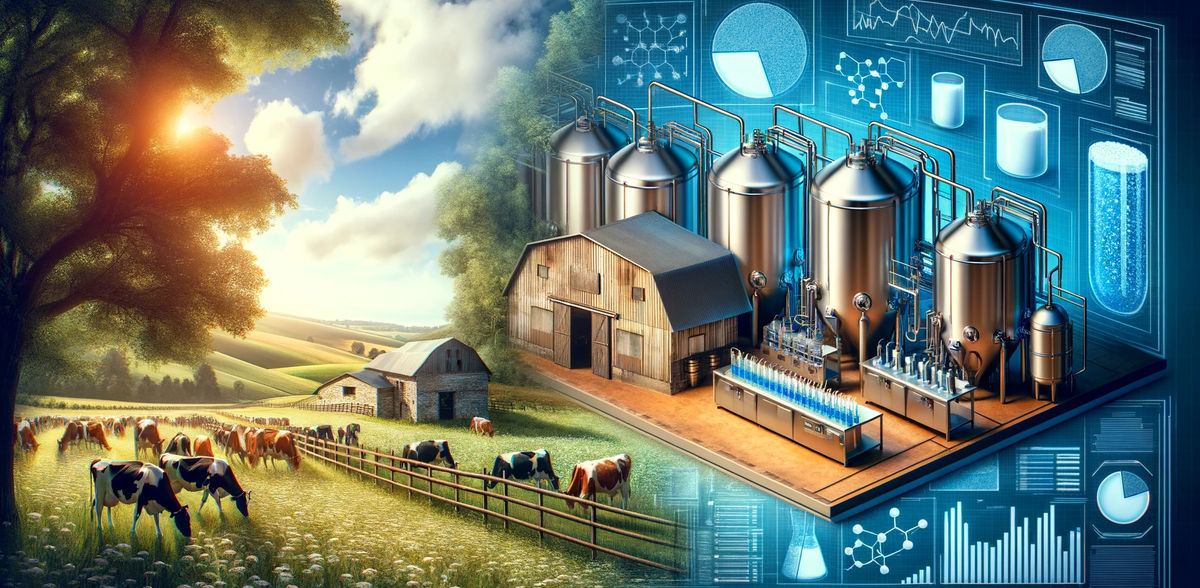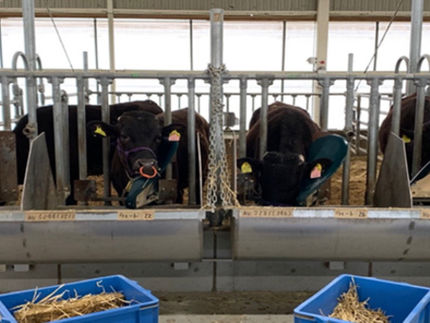Precision fermentation is an opportunity for the food industry
Start-ups need support
Advertisement
Precision fermentation offers great opportunities as an additional pillar of the food industry in Lower Saxony. This is the key finding of a study carried out by DECHEMA on behalf of LI Food - Landesinitiative Ernährungswirtschaft Niedersachsen and published jointly with the organization.
The study focuses on the targeted biotechnological production of proteins and lipids, especially those that can replace animal products. In terms of their composition and function, they are identical to proteins and fats of animal origin, but are produced with the help of bacteria, yeasts or other fungi instead of milk and eggs. Compared to substitute products from plant sources, they have the advantage that they have the same properties and functions as animal products because they are chemically identical. This makes them particularly interesting for further processing, where, for example, the structuring properties of proteins play an important role.
As part of the study, the authors examined the current status and prospects of precision fermentation in general and related them to the conditions offered by Lower Saxony with its strong agricultural and food industry. These are particularly good in terms of the provision of raw materials and intermediate products for both fermentation and food formulation. There are currently bottlenecks, particularly in terms of plant capacities, which are far from sufficient to accommodate the expected and necessary growth.
The authors particularly emphasize that precision fermentation is not about replacing whole milk or whole egg across the board. The question is not "cow or fermenter", but which method is particularly suitable for which application. The intelligent combination of traditional livestock farming, plant-based alternatives and products from precision fermentation will make it possible to achieve climate targets and at the same time secure and expand Lower Saxony as a strong location for the food industry.
The study sees a need for action above all in the area of plant capacities, where financing models must be found that enable upscaling plants in particular, i.e. the development of production processes on a large scale. This is particularly necessary because the industry is very strongly characterized by start-ups that cannot raise these funds on their own. They also suffer particularly from the current often lengthy approval and licensing procedures - here, faster processes and more transparency regarding the information to be submitted could significantly facilitate the emergence of a new industry. Lower Saxony should therefore strive for a clear and uniform implementation of the Novel Food Directive throughout Europe.
Note: This article has been translated using a computer system without human intervention. LUMITOS offers these automatic translations to present a wider range of current news. Since this article has been translated with automatic translation, it is possible that it contains errors in vocabulary, syntax or grammar. The original article in German can be found here.
Other news from the department science
Most read news
More news from our other portals
Something is happening in the food & beverage industry ...
This is what true pioneering spirit looks like: Plenty of innovative start-ups are bringing fresh ideas, lifeblood and entrepreneurial spirit to change tomorrow's world for the better. Immerse yourself in the world of these young companies and take the opportunity to get in touch with the founders.





























































